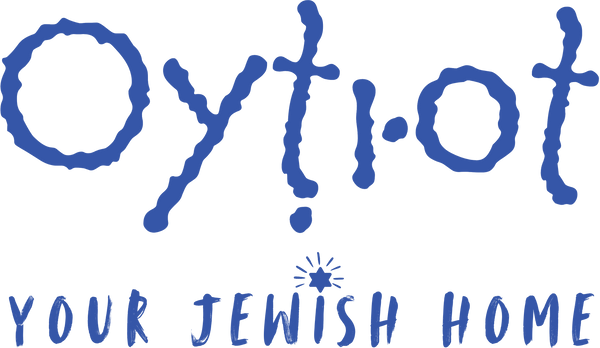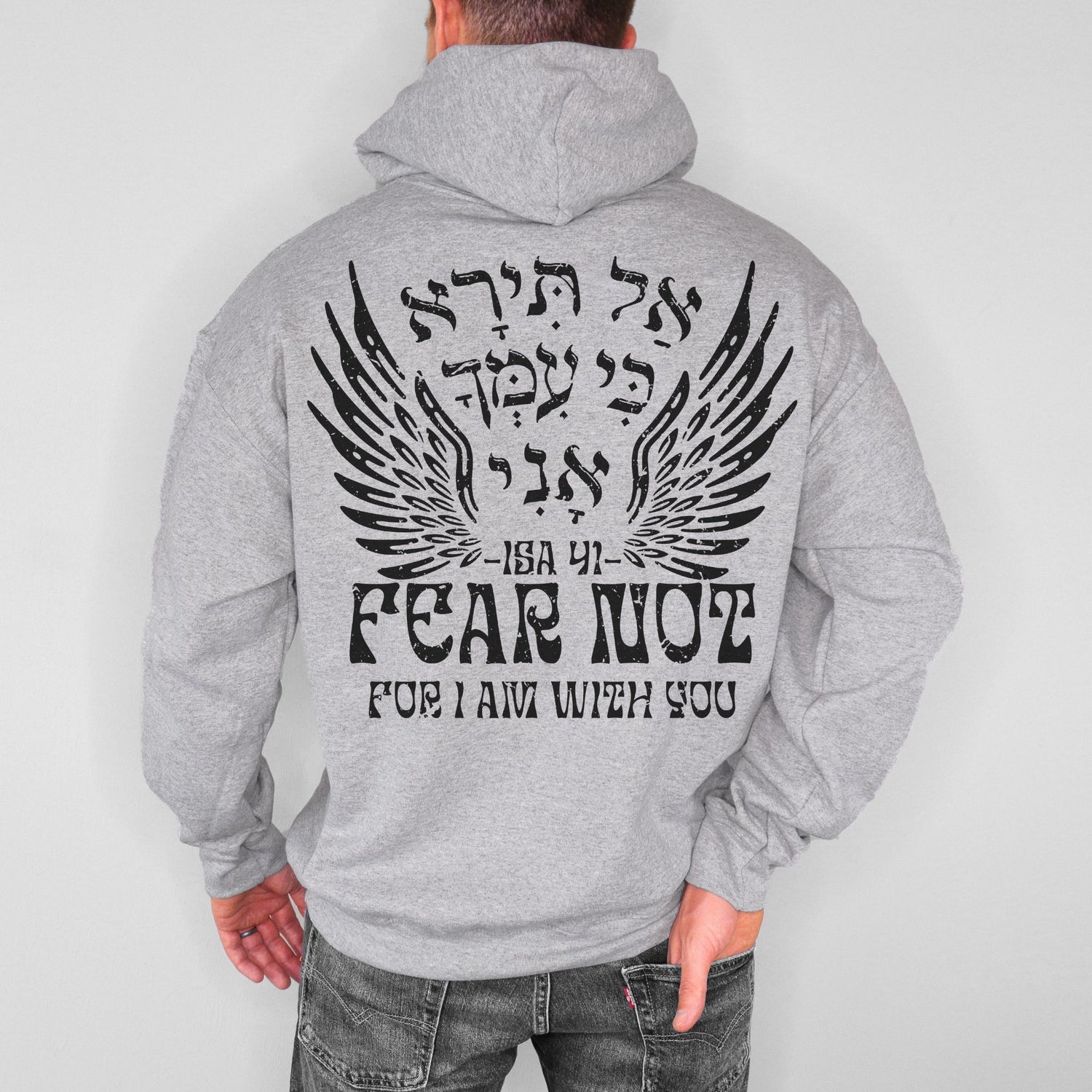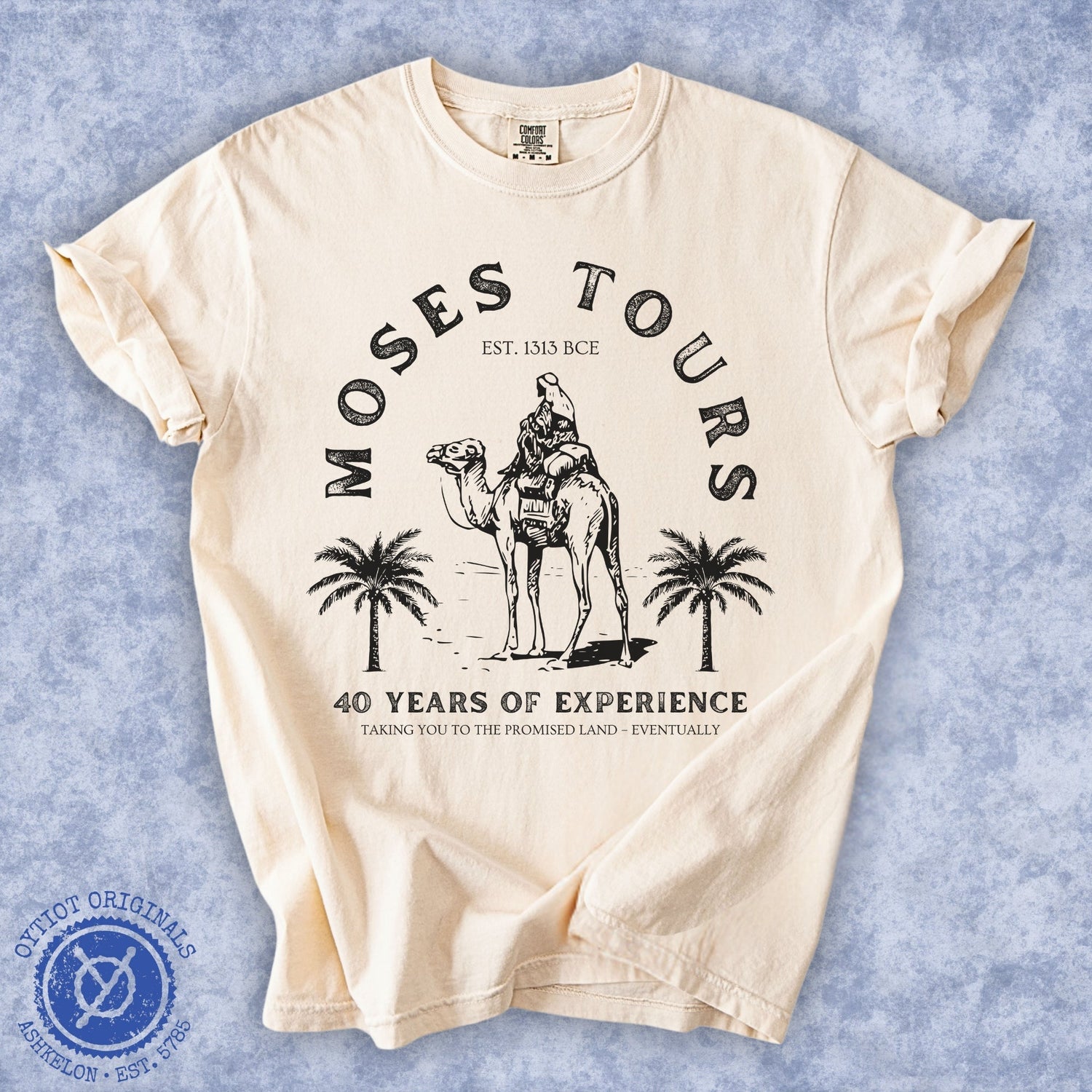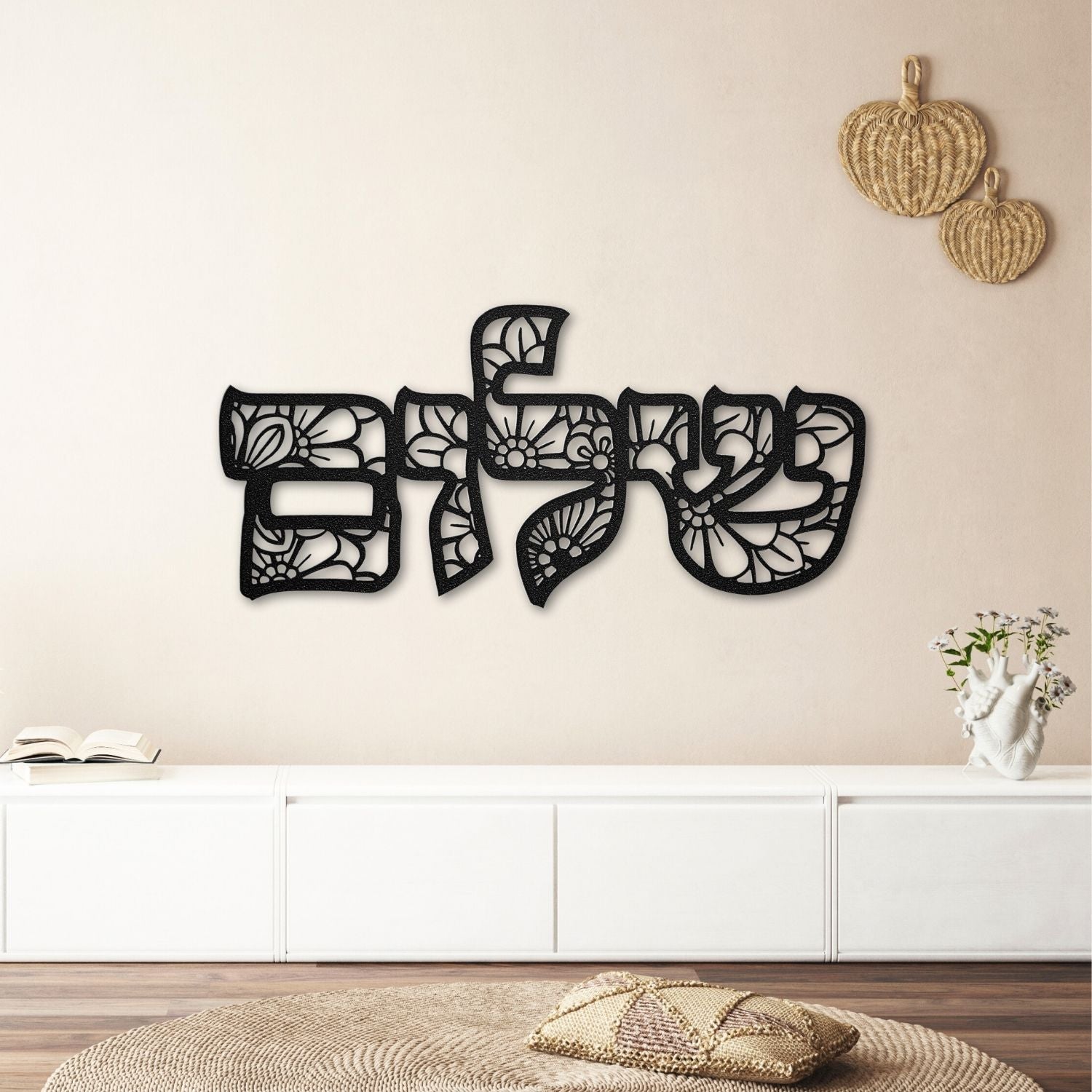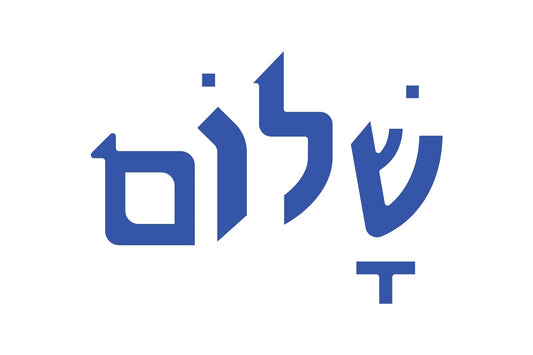
Understanding Israeli Slang
Understanding Israeli Slang: A Window into Modern Israeli Culture 🇮🇱💬
Israeli slang is a lively and essential part of modern Hebrew. It’s a dynamic, constantly evolving element of the Hebrew language that gives insight into the heart of Israeli culture. If you want to sound like a local or simply understand what’s being said on the streets of Tel Aviv or Jerusalem, diving into Israeli slang is a must.
The Origins of Israeli Slang
Israeli slang is a reflection of the country’s multicultural society. Since the establishment of Israel in 1948, Jewish immigrants from around the world have brought their native languages and customs, blending them into Hebrew. This melting pot of cultures has contributed to the colorful array of slang words that exist today.
Hebrew is at the core, but Israeli slang draws heavily from Arabic, English, Russian, and Yiddish. You’ll often hear a blend of languages in casual conversations, whether in the marketplace or among friends at a cafe.
Popular Israeli Slang Words
Some of the most iconic Israeli slang words have become staples in everyday conversations:
- סבבה (Sababa): One of the most popular slang words, it simply means "cool" or "great." You'll hear this word used frequently in response to just about anything positive.
- יאללה (Yalla): A term borrowed from Arabic, meaning "let's go" or "come on." It’s a word you’ll hear all the time, often said with urgency or excitement.
- אחלה (Akhla): Another word for "great" or "awesome," often used as a compliment or in approval of something.
- חפיף (Hafif): This word means "easygoing" or "no big deal." It's often used to describe someone with a laid-back attitude or to indicate that something isn't worth worrying about.
- פדיחה (Fadiha): A term used for an embarrassing situation or mistake. If you’ve made a "fadiha," it means you've had a bit of a blunder.
These are just a few examples of how Israeli slang adds flair and personality to the Hebrew language, making it more relatable and fun for everyday use.
Why Israeli Slang Matters
Slang is more than just casual language—it reflects the culture and mindset of the people who use it. In Israel, slang reveals the vibrant, informal, and sometimes humorous nature of Israeli society. It captures the directness and energy of the Israeli people, where conversations are fast-paced, expressive, and full of life.
For Jewish people around the world, learning Israeli slang can also serve as a way to connect more deeply with modern Israeli culture. While Hebrew forms the foundation of Jewish religious life, understanding slang helps bridge the gap between tradition and the contemporary world.
Slang in Everyday Life
Israeli slang can be heard in every corner of the country, from street vendors in the shuk (market) to friends chatting at a coffee shop. It’s also common to hear slang terms from the Israeli army (IDF) integrated into daily conversation. Soldiers often return from their service with a whole new vocabulary, filled with shorthand and expressions unique to the military, which gradually makes its way into the mainstream.
These words don’t just reflect military life; they become part of the national identity. Words like תותח (Totach)—meaning a "cannon" but used to describe someone who’s exceptionally talented—are now widely used in everyday speech.
Embracing Israeli Slang Through Fashion
At Oytiot, I love celebrating the rich diversity of the Hebrew language, including its slang. Our Street Talk collection features fun and meaningful Israeli slang words on t-shirts, mugs, and more. It’s a great way to carry a piece of modern Israeli culture with you and add a playful touch to your wardrobe or home decor.
Whether it’s "Sababa" (cool), "Yalla" (let’s go), or another favorite slang term, these words capture the energy of Israeli life in a way that standard Hebrew doesn’t always convey.
Why You Should Learn Israeli Slang
Learning Israeli slang gives you a unique insight into Israeli life and makes you feel more connected to the culture. Whether you're planning a trip to Israel, looking to brush up on your Hebrew, or just want to add some modern Hebrew words to your vocabulary, slang is a fun and approachable way to immerse yourself in the language.
By mastering a few slang terms, you’ll sound more like a local, and you’ll have a deeper appreciation for how language evolves with the culture it serves.
Explore Oytiot’s "From the Streets" Collection
At Oytiot, we embrace the beauty of the Hebrew language and the vibrancy of Israeli slang with our "From the Streets" collection. This collection showcases the playful, energetic, and expressive nature of modern Hebrew, featuring iconic slang words on t-shirts, mugs, and more. Perfect for lovers of Jewish culture and those looking for unique Jewish holiday gifts, our designs bring the streets of Israel right to your wardrobe.
